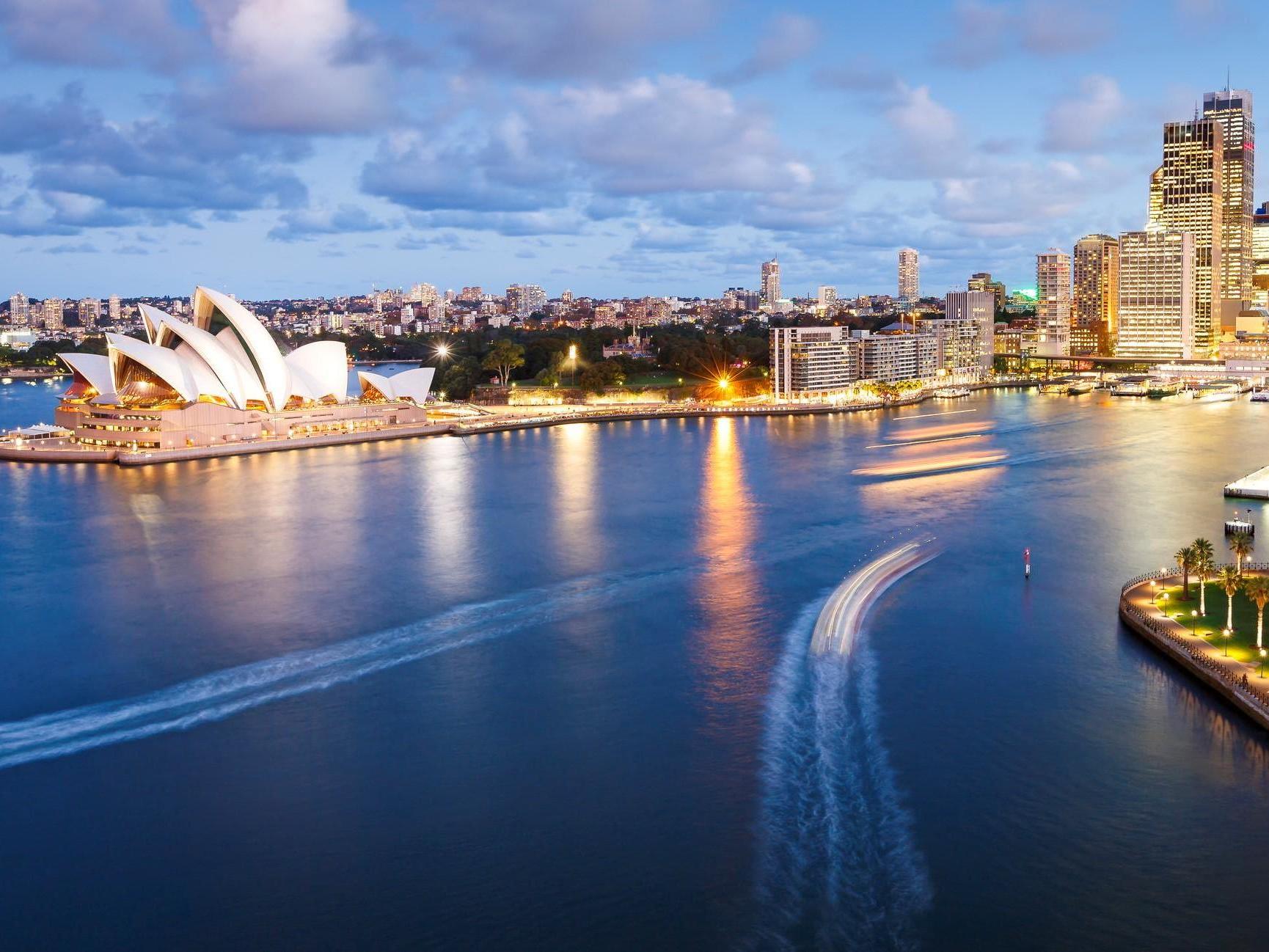Hundreds of millions of dollars could be paid to tourists in Australia after Briton successfully challenges ‘backpacker tax’
Levy on some tourists’ earnings discriminatory and breaches major treaty, judge says

Thousands of tourists travelling to Australia on working holiday visas may escape the country’s controversial so-called backpacker tax, after a court ruled it was discriminatory.
The measure, passed at the end of 2016, hit working holidaymakers with a 15 per cent levy on all their earnings, erasing a tax-free threshold of A$18,200 (£9,700) which previously applied.
Farmers reportedly blamed it for a drop in seasonal labour, while even government senators rebelled against the 32.5 per cent version originally proposed, forcing a delay.
But in a landmark ruling a court has now found that the law breaches a key legal agreement between the UK and Australia. Australian media reported that tens of thousands of people could be owed money as a result, to the tune of hundreds of millions of dollars, a claim which The Independent has put to authorities in Canberra.
The ruling came after a British woman challenged the way she was taxed on her Australian earnings, arguing that she should have been considered a resident for tax purposes. Catherine Addy said she had lived in the same place for her whole trip from 2015 to 2017, bar brief excursions outside Sydney.
Even though the authorities backed down, Ms Addy went further and said that the 15 per cent levy was “‘other or more burdensome’ than the taxation that would be levied on a citizen of Australia who was also an Australian tax resident”, according to documents published on Wednesday.
The backpacker tax breached the terms of a tax treaty between the UK and Australia, she argued – and a federal judge has now agreed.
Justice John Logan wrote in his judgment: “So far as the applicable rate of tax is concerned, the Rates Act distinguishes between individuals on the basis of the type of visa which that individual holds. Only non-citizens can hold the types of visa that constitute a ‘working holiday visa’, of which those successively held by Ms Addy were one type.
“That is a disguised form of discrimination based on nationality. That is exactly the type of discrimination which is prohibited by Art 25 (1) of the Double Taxation Agreement and, per force of s4 of the Agreements Act, prohibited by that Act.
“A resident ‘national’ of Australia undertaking the same work as did Ms Addy, in other words ‘in the same circumstances’, would not be taxed by reference to the rates specified in Pt III of Sch 7 to the Rates Act. Such a person would have the benefit of the tax-free threshold.”
The ‘backpacker tax’
What changed when the law first came in, and what does this ruling mean?
Before the new law, working holidaymakers could earn A$18,200 tax-free, with a levy of 19 per cent applicable beyond that and up to A$37,000. This is how Australian resident taxpayers are taxed.
When the new law passed, that threshold was removed and tourists on work visas – numbered 417 or 462 – had to pay 15 per cent on all their earnings up to A$37,000.
It was all based on the issue of residency. The Australian Taxation Office (ATO) considered working holidaymakers non-resident for tax purposes, meaning they were automatically subject to the 15 per cent rate.
But this new ruling opens the way for some working holidaymakers – understood to be a minority of the total number – to be considered residents and to pay tax in the fashion detailed above.
The judge ruled that in Catherine Addy’s case the backpacker tax rule constituted “a disguised form of discrimination based on nationality”, in breach of a treaty between the UK and Australia. Australia has similar agreements with seven other countries.
The ATO is considering an appeal.
A spokesperson for the Australian Taxation Office (ATO) said: “The ATO will consider this decision and whether an appeal is appropriate.
“It is important to note that this decision does not affect the working holidaymakers (WHM) tax rate applying to WHMs who are non-residents. Most working holidays are not residents for tax purposes and this decision has no impact for these working holidaymakers.
“This decision only affects the tax rates applying to a minority of WHMs who are also residents, and only those from countries affected by a similar clause in the double tax agreement with their home country.
“If the decision is not appealed, these taxpayers will be treated the same as other Australian tax residents, ie entitled to the benefit of the tax free threshold of A$18,200, after which marginal rates of tax apply, starting at 19c in the dollar.
“Residency status depends upon on the circumstances applying to each individual working holidaymaker.”
Join our commenting forum
Join thought-provoking conversations, follow other Independent readers and see their replies
Comments
Bookmark popover
Removed from bookmarks